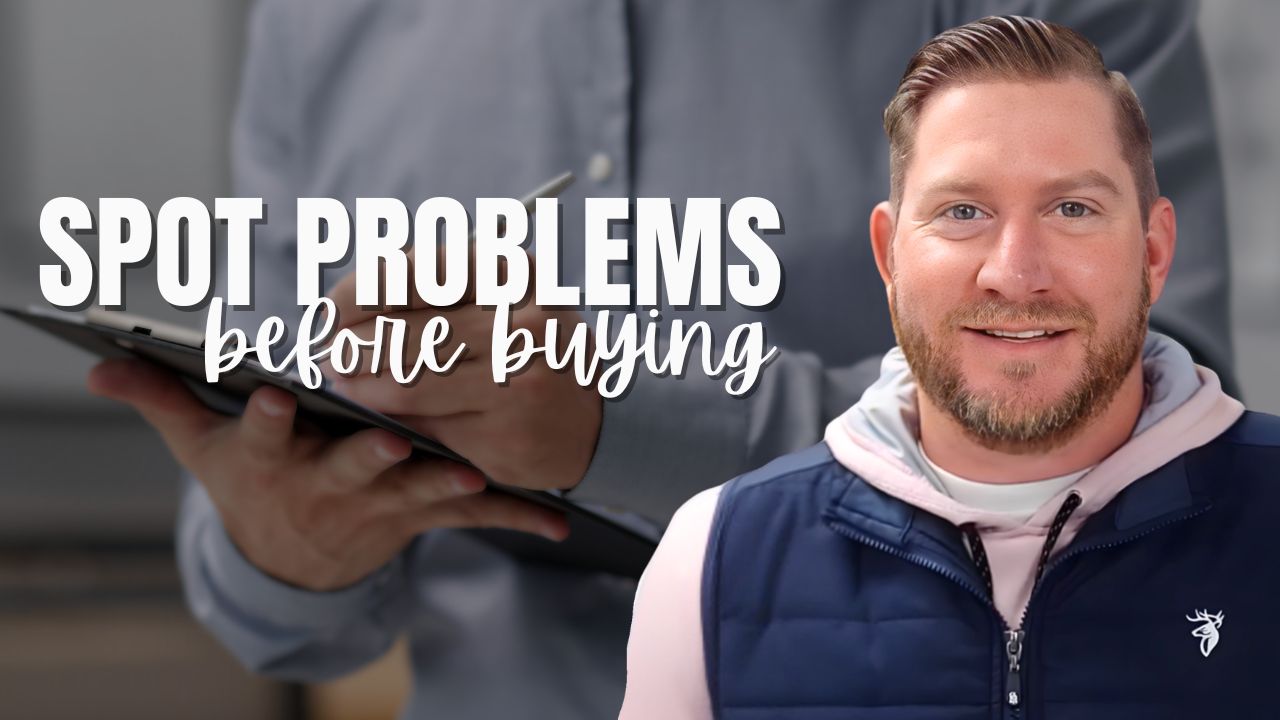Let’s Explore Your Selling Options. I’ll help you sell your home at the price and terms you want. Free Selling Strategy Call
Here’s what you need to know about leasing property in Florida.
When it comes to leasing a property, property owners often think they can do it themselves. To be sure, you are allowed to do it on your own, but if that’s your plan, there are four important factors of leasing property in the state of Florida that you need to remember:
1. Residential leases. It’s preferred that residential leases be for longer than seven months; if they’re shorter than seven months you’ll have to pay sales tax just like a short-term rental. If you want a lease longer than 12 months, like a two-year lease, the lease needs to be signed in person, not online, and the lease will need to be prepared by an attorney.
2. Documentation for lead-based paint. In all leases in Florida, there is a form for documenting the presence of lead-based paint for all homes built before 1978. While the form isn’t required for homes built after that year, you still need to make sure that documentation is taken care of. You don’t need to have radon gas documentation for a lease in Florida.
3. Tenants withholding rent. Can tenants withhold rent? They can in certain situations, such as when a problem they’ve pointed out has gone unaddressed. Mind you, they do need to inform you in writing if they intend to do so.
4. Fair Housing Act. In Florida, the Fair Housing Act makes it illegal to discriminate on the basis of race, color, religion, sex, disability, familial status, or national origin.
If you have any questions about leasing a property in Florida, reach out to me. I’d be glad to help you.
-
Let’s Explore Your Selling Options. I’ll help you sell your home at the price and terms you want. Free Selling Strategy Call
-
What’s Your Jacksonville Home Worth?. Are you thinking of selling your home or interested in learning about home prices in your neighborhood? We can help you. Free Home Value Report
-
Looking for a Jacksonville Home?. Search the entire MLS for your Jacksonville home. Search the MLS
-
Free Real Estate Newsletter. Get our latest Q&A, insights, and market updates to make smarter decisions. Subscribe Now







